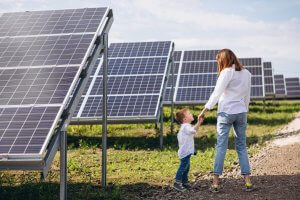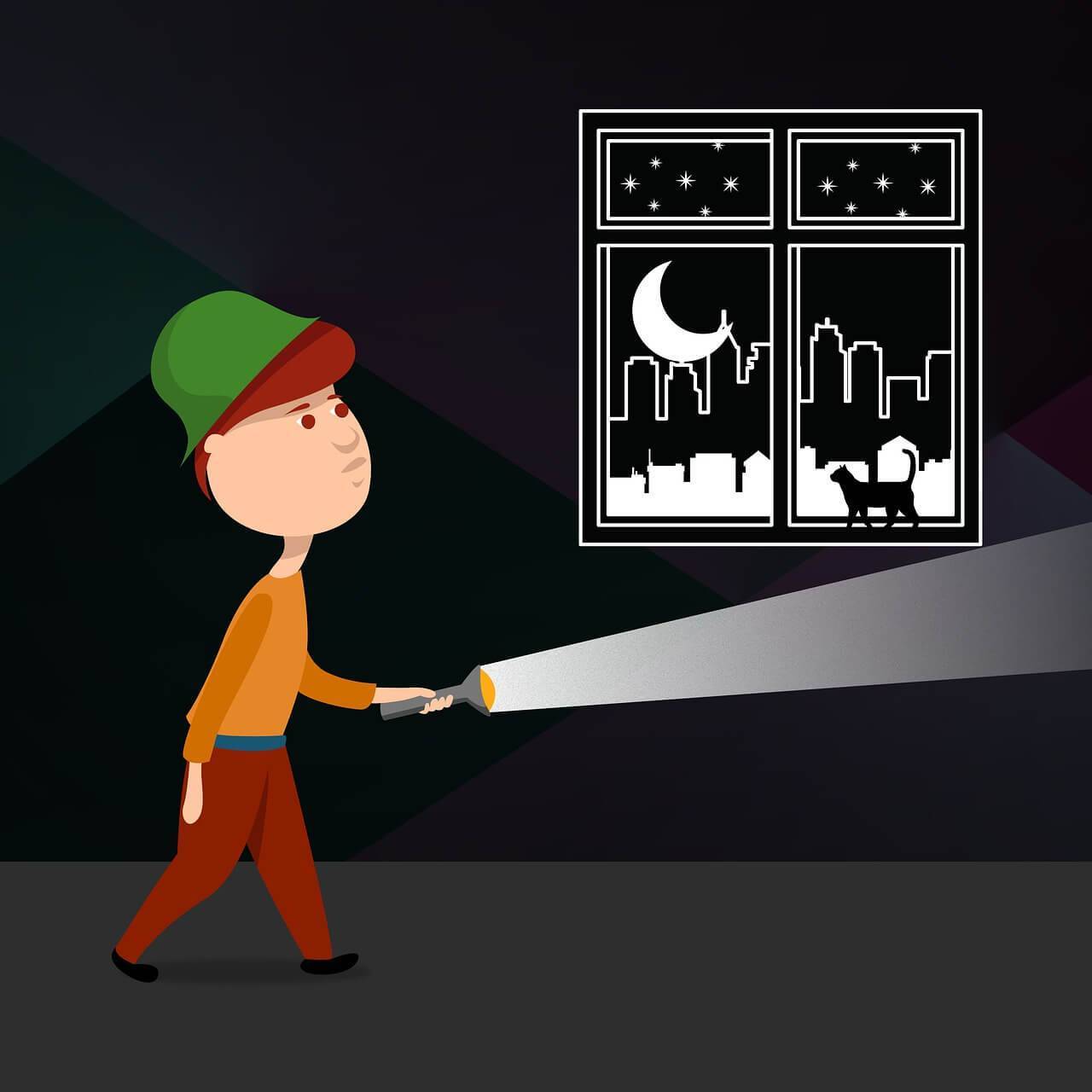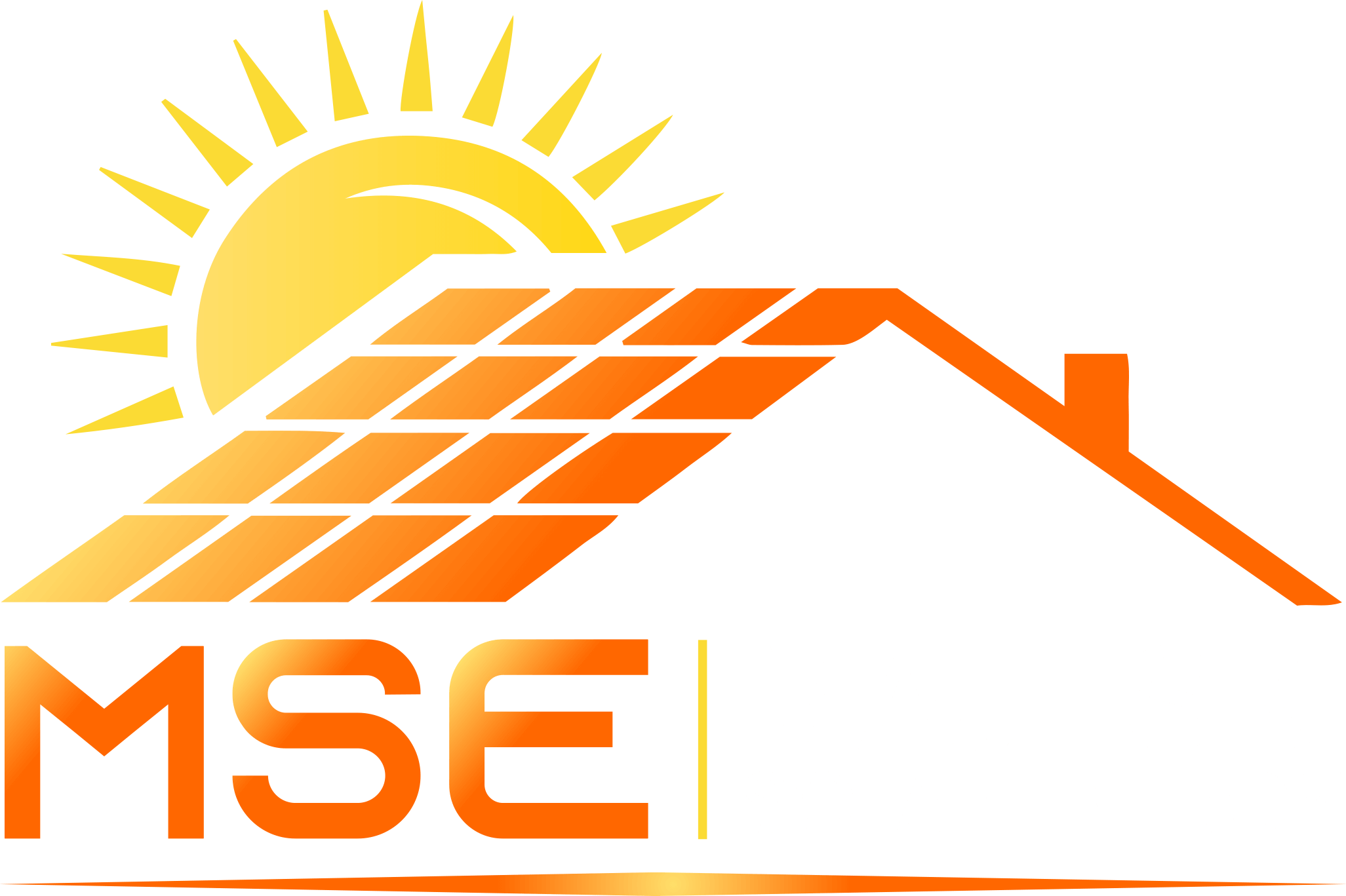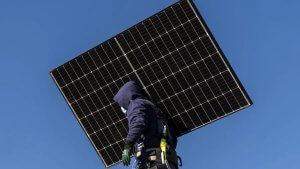
In this blog post, we’ll explore how much energy is lost in this process, and what new customers can do to offset it.

converting dC to ac for solar panels
2121 1st Street S.W. Washington, DC 20024
As the world moves away from traditional forms of energy generation, like coal and natural gas, solar panels are becoming an increasingly popular way to generate electricity. Solar panels work by converting sunlight into Direct Current (DC) electricity. However, most appliances in our homes run on Alternating Current (AC) electricity. So, the DC electricity must be converted into AC before it can be used.
This conversion process is not 100% efficient, and some energy is always lost in the conversion. The amount of energy lost depends on the type of converter used, and the efficiency of the converter. Generally, the loss is between 3-10%1. This may not sound like much, but it can add up over time, especially if you have a lot of solar panels.
If you’re a new solar panel customer, there are a few things you can do to offset this energy loss. One option is to install a battery backup system. This will allow you to store the DC electricity produced by your solar panels, and use it later when the sun isn’t shining. Another option is to install a more efficient converter. This will cost more up front, but will save you money in the long run. Inverter manufacturers are constantly improving their technology, so it’s worth keeping an eye on the latest developments.Majeski Solar Energy is a Washington, DC-based solar company that offers a variety of solar services, including installation, financing, and maintenance. They also offer a free solar consultation to help you decide if solar is right for your home.

How efficient are DC-to-AC inverters?
The amount of energy losses when converting DC to AC electricity depends on the efficiency of the inverter used. Inverter efficiency is usually between 90-99%1. This means that between 1-10% of the DC electricity is lost in the conversion.
The average home solar panel system produces about 4,000 watts of DC electricity. This means that between 40 and 400 watts of DC electricity is lost when converting it to AC electricity.
How can I offset energy losses from conversion?
There are a few things solar panel customers can do to offset the energy losses from converting DC to AC electricity. One option is to install a battery backup system. This will allow you to store the DC electricity produced by your solar panels, and use it later when the sun isn’t shining. Another option is to install a more efficient converter. This will cost more up front, but will save you money in the long run. Inverter manufacturers are constantly improving their technology, so it’s worth keeping an eye on the latest developments.
How much energy is lost in a solar inverter?
As the world moves more towards renewable forms of energy, such as solar and wind power, it’s important to understand the efficiency of the systems used to generate that electricity. One key component of a solar power system is the inverter, which converts the Direct Current (DC) electricity produced by the solar panels into Alternating Current (AC) electricity, which is what powers our homes and appliances.
Inverter efficiency is usually between 90-99%. This means that between 1-10% of the DC electricity is lost in the conversion.
The average home solar panel system produces about 4,000 watts of DC electricity. This means that between 40 and 400 watts of DC electricity is lost when converting it to AC electricity.
While this loss of energy may seem small, it can add up over time, especially if you have a large solar system. There are a few things solar panel customers can do to offset the energy losses from converting DC to AC electricity. One option is to install a battery backup system. This will allow you to store the DC electricity produced by your solar panels, and use it later when the sun isn’t shining. Another option is to install a more efficient converter.
Is AC or DC better for solar?
The answer to this question depends on a few factors. DC electricity is what solar panels produce. AC electricity is what powers our homes and appliances. In order for solar panels to be useful, the DC electricity needs to be converted to AC.
The conversion from DC to AC electricity results in some energy loss. Inverter efficiency is usually between 90-99%1. This means that between 1-10% of the DC electricity is lost in the conversion.
The average home solar panel system produces about 4,000 watts of DC electricity. This means that between 40 and 400 watts of DC electricity is lost when converting it to AC electricity.
The main advantage of AC electricity is that it can be transmitted over long distances with relatively little loss. DC electricity can also be transmitted over long distances, but the loss is greater.
So, if you’re trying to offset energy losses from the conversion of DC to AC electricity, one option is to install a more efficient converter. Inverter manufacturers are constantly improving their technology, so it’s worth keeping an eye on the latest developments.
Do inverters waste power?
Inverters are necessary for solar panel systems to work. They convert the Direct Current (DC) electricity produced by the solar panels into Alternating Current (AC) electricity, which is what powers our homes and appliances.
Inverter efficiency is usually between 90-99%1. This means that between 1-10% of the DC electricity is lost in the conversion.
The average home solar panel system produces about 4,000 watts of DC electricity. This means that between 40 and 400 watts of DC electricity is lost when converting it to AC electricity.
While this loss of energy may seem small, it can add up over time, especially if you have a large solar system. There are a few things solar panel customers can do to offset the energy losses from converting DC to AC electricity. One option is to install a battery backup system. This will allow you to store the DC electricity produced by your solar panels, and use it later when the sun isn’t shining. Another option is to install a more efficient converter. Inverter manufacturers are constantly improving their technology, so it’s worth keeping an eye on the latest developments.
What are the losses in solar panels?
Solar panels are a popular way to generate electricity. They are often used in off-grid systems, where the electricity they produce is used immediately, or stored in batteries.
Solar panels are made of silicon, and they work by converting sunlight into electricity. The amount of electricity they produce varies depending on the amount of sunlight they are exposed to.
Solar panels are typically about 20% efficient. This means that for every 100 watts of sunlight that hits the panel, about 20 watts of electricity is produced.
The main losses in solar panels occur in the conversion of sunlight to electricity. Some of the sunlight is reflected off the panel, and some is converted to heat.
Additionally, when solar panels produce Direct Current (DC) electricity, it needs to be converted to Alternating Current (AC) electricity before it can be used in our homes. This conversion results in some energy losses. Inverter efficiency is usually between 90-99%1. This means that between 1-10% of the DC electricity is lost in the conversion.
The average home solar panel system produces about 4,000 watts of DC electricity. This means that between 40 and 400 watts of DC electricity is lost when converting it to AC electricity.
Since 2010, Prospect Solar has been serving Virginia, DC, and Maryland through its offices in Loudoun County. Prospect gained prominence through its adherence to industry standards, as you can see in the firm’s memberships in organizations like MDV-SEIA, the Loudoun County Chamber of Commerce, and ABC Virginia. The firm has built strong ties with solar manufacturer Sunpower and local interest groups to create a customer base from residences, enterprises, agricultural groups, and all sorts of institutions.
Prospect’s home installations receive high praise from previous customers. Reviewers cite Prospect Solar’s commitment to the project and the consistent quality of their work.
Which is cheaper AC or DC?
The cost of electricity is measured in cents per kilowatt hour (kWh). The price of electricity varies depending on the type of electricity, where it’s generated, and how it’s delivered to customers.
DC electricity is typically more expensive than AC electricity. DC electricity is generated by solar panels and batteries, and it’s often used in off-grid systems. AC electricity is generated by power plants, and it’s the type of electricity that powers our homes and businesses.
The cost of DC electricity is often measured in dollars per kilowatt hour (kWh). The cost of AC electricity is typically measured in cents per kilowatt hour (kWh).
The cost of DC electricity is often higher because of the inefficiencies in the generation and delivery of DC power. Solar panels only convert a portion of the sunlight that hits them into electricity, and batteries only store a portion of the electricity they are charged with. In addition, when DC electricity is converted to AC electricity, some energy is lost in the process.
Despite the higher cost of DC electricity, it can still be a cheaper option than AC electricity in some cases. For example, if you live in an area with higher electricity rates.
Contact Us To Learn More about DC solar Panels
majeski
Leave a Replay



About Majeski
Majeski Solar Is a Solar Installer company, and Top Tier Solar Installer in Washington D.C. , Virginia, and Maryland.






